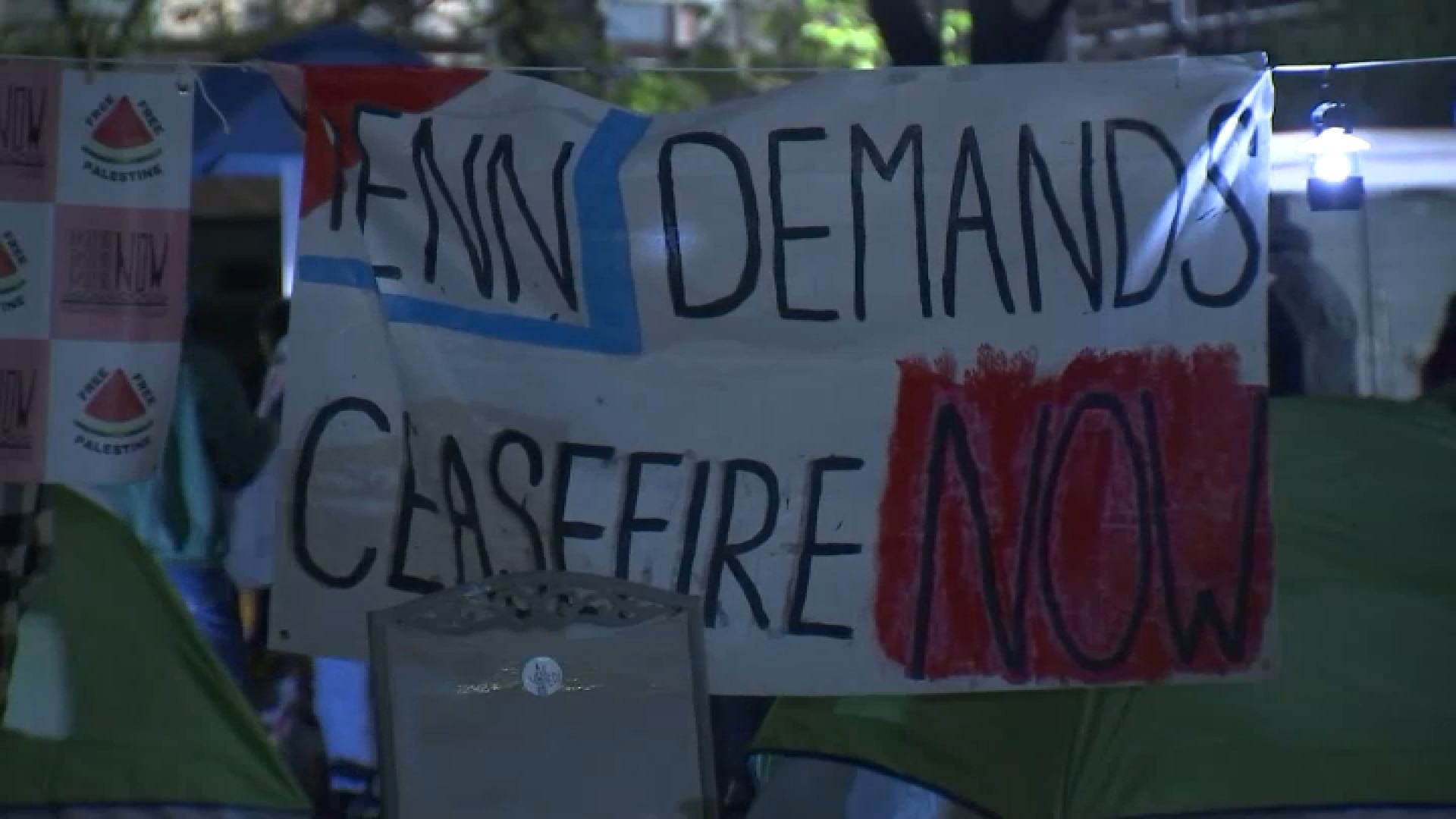Philadelphia is now the first city in the nation to end the practice of "medical deportations" -- a practice where officials said undocumented residents in need of long-term healthcare can be deported to their country of origin without their consent.
Under bill number 230649, no hospital in the city is permitted to "engage in medical deportation, either directly or through a designated agent."
Supporters of the bill said, in a statement, that medical deportation is used by hospitals as a way to deport undocumented residents in need of long-term medical care without "informed consent or through coerced consent of the patient’s family."
The bill is in part inspired by Claudia Martinez and her uncle, Armando Vargas, who back in 2020 was given notice that he would be sent to Guatemala to receive care after a serious motorcycle accident.
Get Philly local news, weather forecasts, sports and entertainment stories to your inbox. Sign up for NBC Philadelphia newsletters.
Under the practice of medical deportation, medical providers could charter private flights to transport undocumented patients to their country of origin which can result in death or aggravation of their illness or injury, according to the End Medical Deportation Campaign.
If Vargas, who was undocumented, was removed from the country he wouldn't have been able to come back.
In 2020 community leaders and activists flocked to Jefferson Torresdale Hospital to stop the transfer. Vargas was able to get into a rehab facility and three years later he's walking and talking.
Local
Breaking news and the stories that matter to your neighborhood.
The Free Migration Project helped Martinez stop the deportation of her uncle and worked with City Council to make sure no one else had to go through that.
With the new bill in place, hospitals are required to provide, among other things, informed consent, minimize health risks if medical repatriation is going to be done, ensure that any facility that would receive the patient has room and has agreed to take the patient.
It also provides oversight by requiring hospitals to report how widespread the practice of medical deportation is used and would hold "bad actors accountable," according to supporters of the bill.
The bill also permits the city's Department of Health to fine or place on probation, hospitals that violate the law.
"Philadelphia has always been known to be a welcoming city in this bill continue to support folks that come here and that need medical attention should be able to receive it regardless of what the status is," Quetcy Lozada, a city councilmember, said.
Sign up for our Breaking newsletter to get the most urgent news stories in your inbox.



